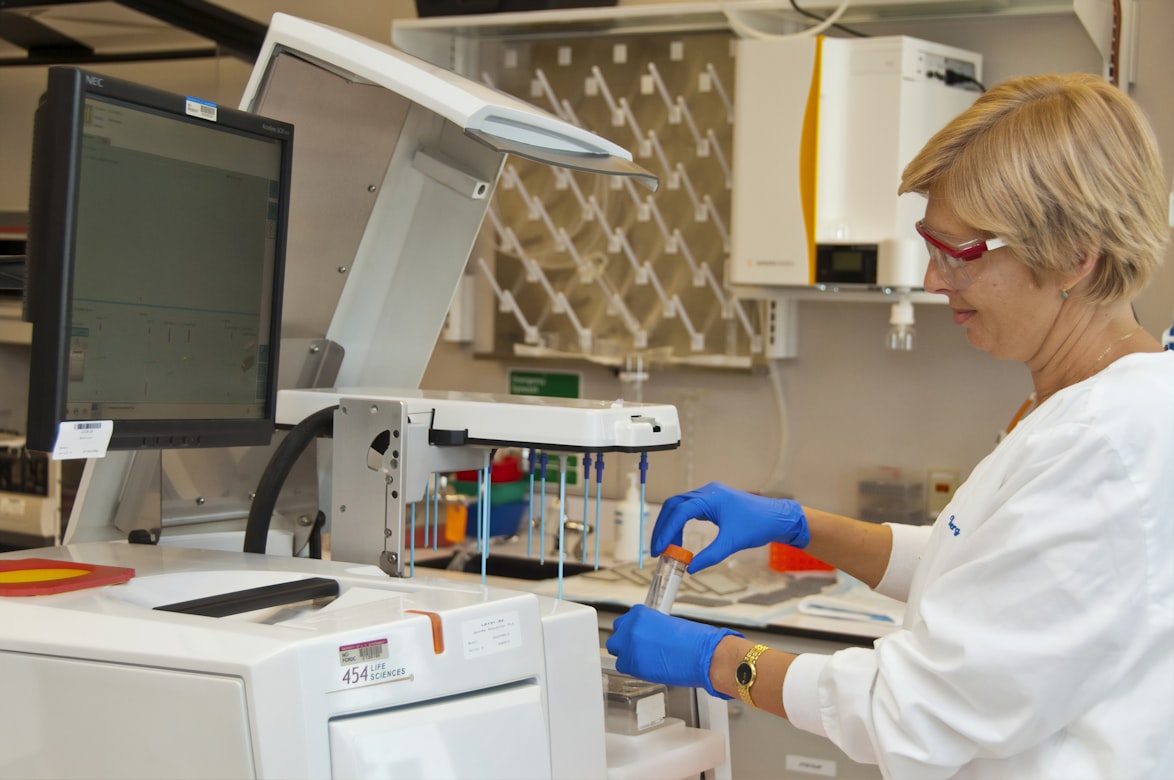In the dynamic landscape of modern medicine and therapeutic development, clinical research takes center stage, thoroughly examining the safety and effectiveness of promising advances in patient care.
Distinguished from laboratory research, it involves dedicated volunteers, providing valuable insights into medicine and health. Through these research studies that include using state-of-the-art technology such as EDC systems, every medical innovation, including drugs, devices, diagnostic tests, techniques, and technologies, undergoes meticulous evaluation, ensuring safe and effective treatments for the future.
Here’s everything you need to know about clinical research.
Types of Clinical Research
Clinical research focuses on understanding health and illness in people, and it comes in two main types: observational studies and clinical trials.
Observational studies observe people in their normal settings, collecting information and comparing changes over time. For example, researchers may ask older adults about their exercise habits and conduct memory tests over a year to study how physical activity affects cognitive health. While not testing medical interventions like drugs or devices, observational studies help identify potential new treatments or prevention strategies for further testing in clinical trials.
Clinical trials, on the other hand, are research studies that test medical, surgical, or behavioral interventions in people. These trials are crucial for determining the safety and effectiveness of new treatments or preventions, such as drugs, diets, or medical devices like pacemakers. Clinical trials often aim to determine if a new treatment is better or has fewer side effects than existing ones. These studies play a vital role in advancing healthcare and improving lives.
Clinical Trial Phases
Clinical trials go through different phases while developing a potential new treatment. Here’s what ‘First-In-Human, Phase I, and Phase II’ mean:
- First-In-Human: This phase marks the first drug testing in humans, following prior laboratory and animal testing.
- Phase I: In this stage, researchers assess the treatment’s safety and observe early signs of effectiveness.
- Phase II: The focus shifts to testing the treatment’s effectiveness, often in a specific condition like newly diagnosed breast cancer.
- Phase III: This phase involves comparing the new treatment with the current standard of care, often through randomized studies.
- Phase IV: After the drug is licensed and approved by the FDA, Phase IV tracks its safety and gathers more information about its benefits, risks, and optimal use.
The Use of EDC Systems in Clinical Research
Electronic Data Capture (EDC) systems have revolutionized clinical research by streamlining data collection, storage, and analysis. These advanced systems ensure accurate and secure data management, enhancing efficiency and reducing errors in clinical trials. EDC systems are crucial in modern medical research, enabling faster and more reliable results.
Get Started with ClinicalPURSUIT
For top-notch and reliable medical technology solutions for your clinical research, look no further than ClinicalPURSUIT. They offer quality clinical trial solutions, including:
- EDC for clinical trials.
- Randomization and drug supply management,
- eCRFs,
- ePRO
Experience HIPAA-certified excellence and schedule a one-on-one demo today to explore the efficacy of their products!








